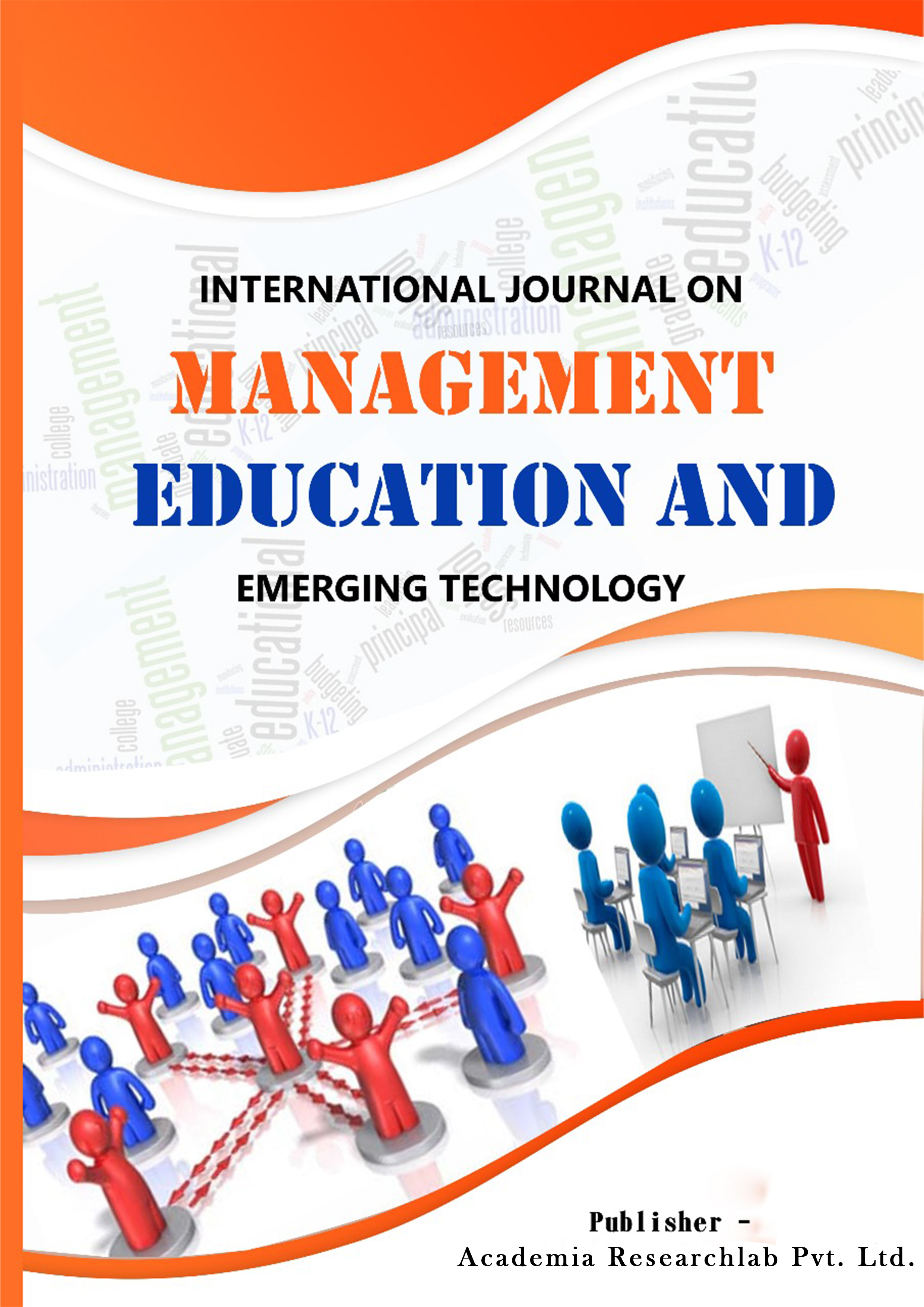Development of Polling System with Sentiment Analysis for Higher Education Institutions (HEIs )
Keywords:
Automated Polling System, ISO/IEC 25010, Sentiment analysis, Rapid Application Development, VADER, System evaluationAbstract
Traditional polling systems in Higher Education Institutions (HEIs) be burdened by manual collection of feedback and analysis, causing considerable delays, recurrent errors, and excessive resource consumption. To solve these problems, this research study will design and test an automated polling system that will be integrated with sentiment analysis. This system used the Valence Aware Dictionary of Sentiment Reasoning (VADER) to interpret the reactions of the stakeholders in real-time and classify them into three sentiment classes: positive, negative, or neutral. Mixed-method approach was used. The qualitative component of the research, which included interviews and focus group discussions with the head of campus, office heads, and students, identified three challenges, namely, manual inefficiency, analytical capacity, and high resource usage. The quantitative aspect has measured the system quality by a structured questionnaire guided by ISO/IEC 25010:2011 and which measures system quality in relation to functional suitability, efficiency, usability, reliability, and security. Answers were analyzed with descriptive statistics (mean, weighted mean). Results show good performance of the system, where the average scores are 4.80 (functional suitability), 4.50 (performance efficiency), 4.80 (usability), 4.64 (reliability), and 4.68 (security). Real-time sentiment classification helped in the implementation of targeted interventions, for example, addressing student concerns on time and enhancing administrative features.
References
Abirami, A. M., & Gayathri, V. (2016). A survey on sentiment analysis methods and approach. Proceedings of the Eighth International Conference on Advanced Computing (ICoAC), 72–76. IEEE. https://doi.org/10.1109/ICoAC.2016.7562780
Agarwal, B., Mittal, N., Bansal, P., & Garg, S. (2015). Sentiment analysis using common-sense and context information. Computational Intelligence and Neuroscience, 2015, 715730. https://doi.org/10.1155/2015/715730
Chaudhry, H. N., Javed, Y., Kulsoom, F., Mehmood, Z., Khan, Z. I., Shoaib, U., & Janjua, S. H. (2021). Sentiment analysis before and after elections: Twitter data of U.S. election 2020. Electronics, 10(17), 2082. https://doi.org/10.3390/electronics10172082
Elbagir, M., & Yang, J. (2019). Twitter sentiment analysis using natural language toolkit and VADER sentiment. Proceedings of the International MultiConference of Engineers and Computer Scientists (IMECS), 12–16. International Association of Engineers.
Henderson, M., Ryan, T., & Phillips, M. (2019). The challenges of feedback in higher education. Assessment & Evaluation in Higher Education, 44(8), 1237–1252. https://doi.org/10.1080/02602938.2019.1599815
Hussein, D. M. E. M. (2018). A survey on sentiment analysis challenges. Journal of King Saud University – Engineering Sciences, 30(4), 330–338. https://doi.org/10.1016/j.jksues.2016.04.002
Hutto, C. J., & Gilbert, E. (2014). VADER: A parsimonious rule-based model for sentiment analysis of social media text. Eighth International Conference on Weblogs and Social Media (ICWSM-14), 216–225. AAAI.
ISO/IEC 25010:2011. Systems and software engineering – Systems and software quality requirements and evaluation (SQuaRE) – System and software quality models. International Organization for Standardization.
Kumar, A., & Jain, R. (2015). Sentiment analysis and feedback evaluation. Proceedings of the IEEE 3rd International Conference on Computing for Sustainable Global Development (INDIACom). IEEE.
Nasim, Z., Rajput, Q., & Haider, S. (2017). Sentiment analysis of student feedback using machine learning and lexicon-based approaches. 2017 International Conference on Research and Innovation in Information Systems (ICRIIS), 1–6. IEEE. https://doi.org/10.1109/ICRIIS.2017.8002532
Nguyen, T. P. G., Dien, T. T., & Khoa, T. T. M. (2020). Sentiment analysis for university students’ feedback. Proceedings of the 2020 International Conference on Advanced Computing and Applications (ACOMP), 55–66. IEEE. https://doi.org/10.1109/ACOMP50827.2020.00015
Williams, A. (2024). Delivering effective student feedback in higher education: An evaluation of the challenges and best practice. International Journal of Research in Education and Science, 10(2), 473–501. https://doi.org/10.46328/ijres.4040
Additional Files
Published
How to Cite
Issue
Section
License
Copyright (c) 2025 International Journal on Management Education and Emerging Technology(IJMEET)

This work is licensed under a Creative Commons Attribution-NonCommercial-NoDerivatives 4.0 International License.





